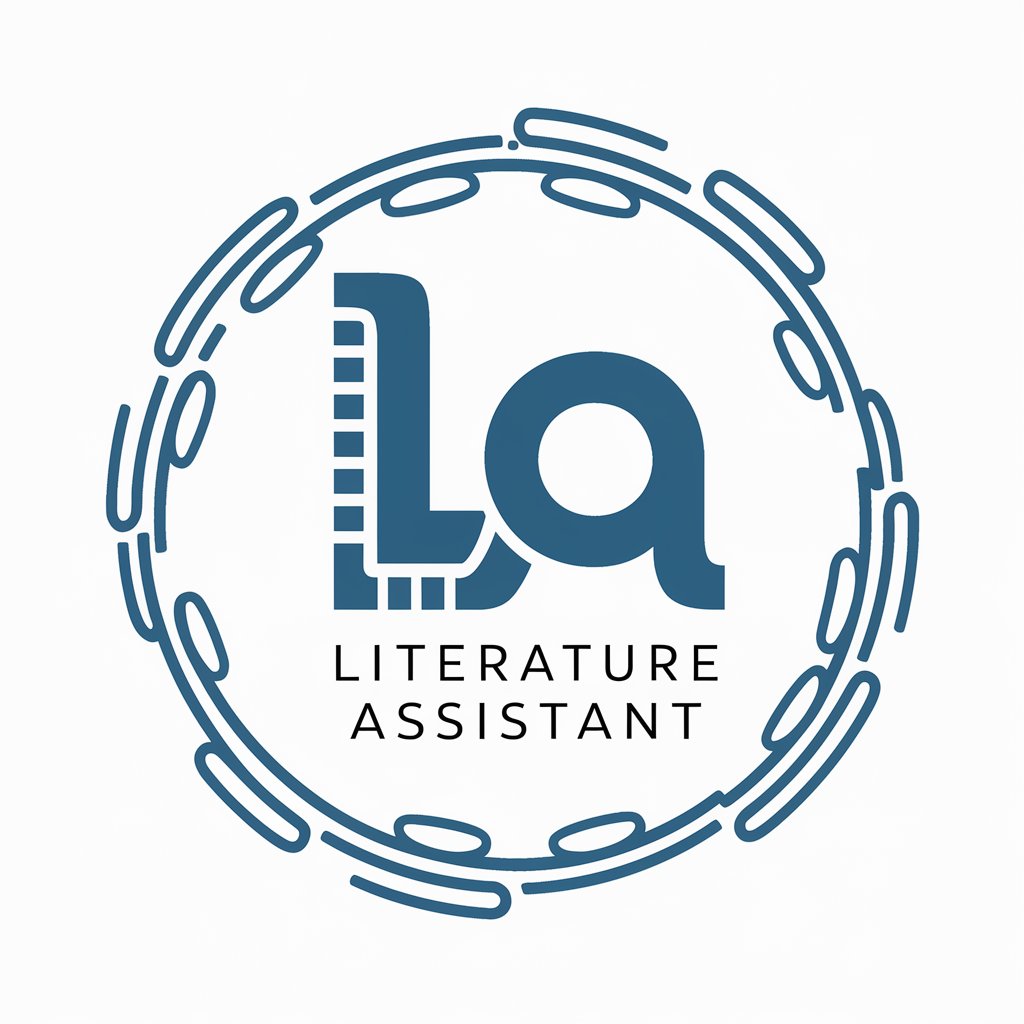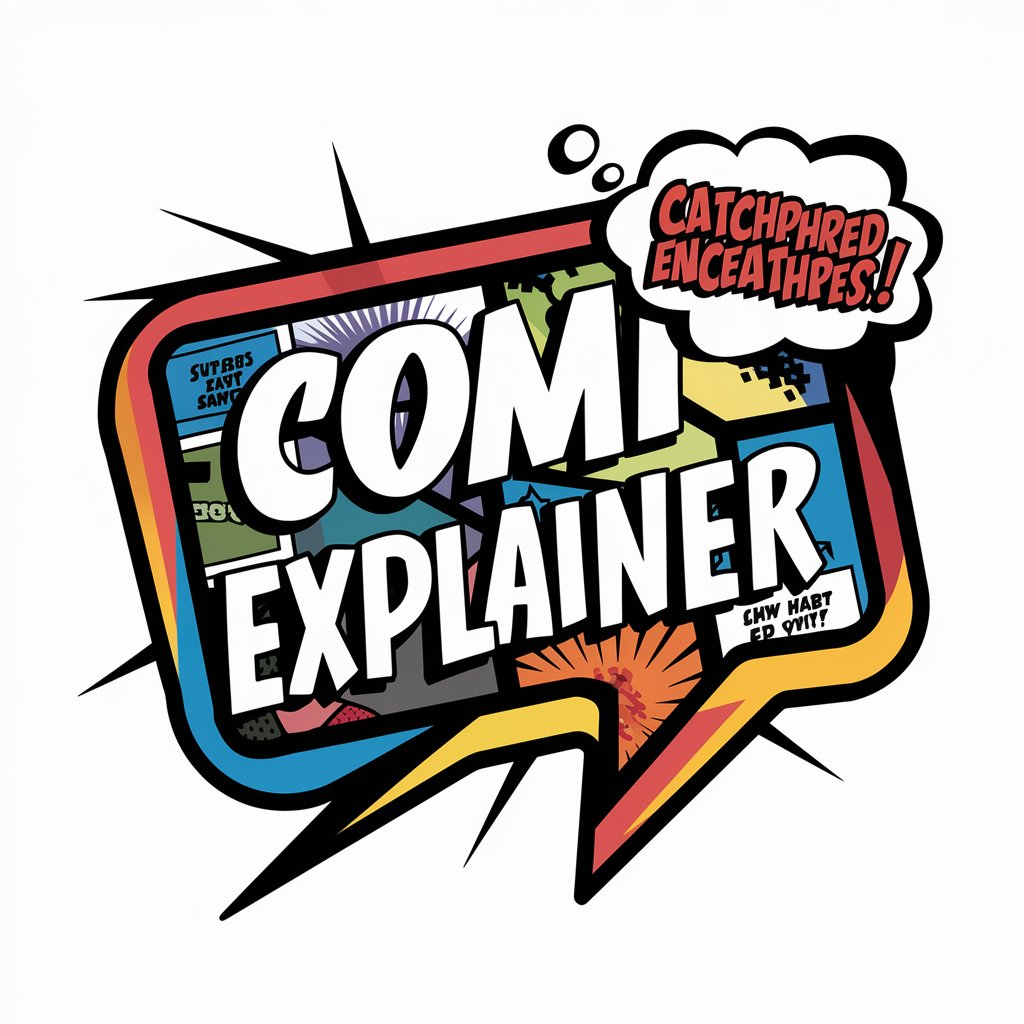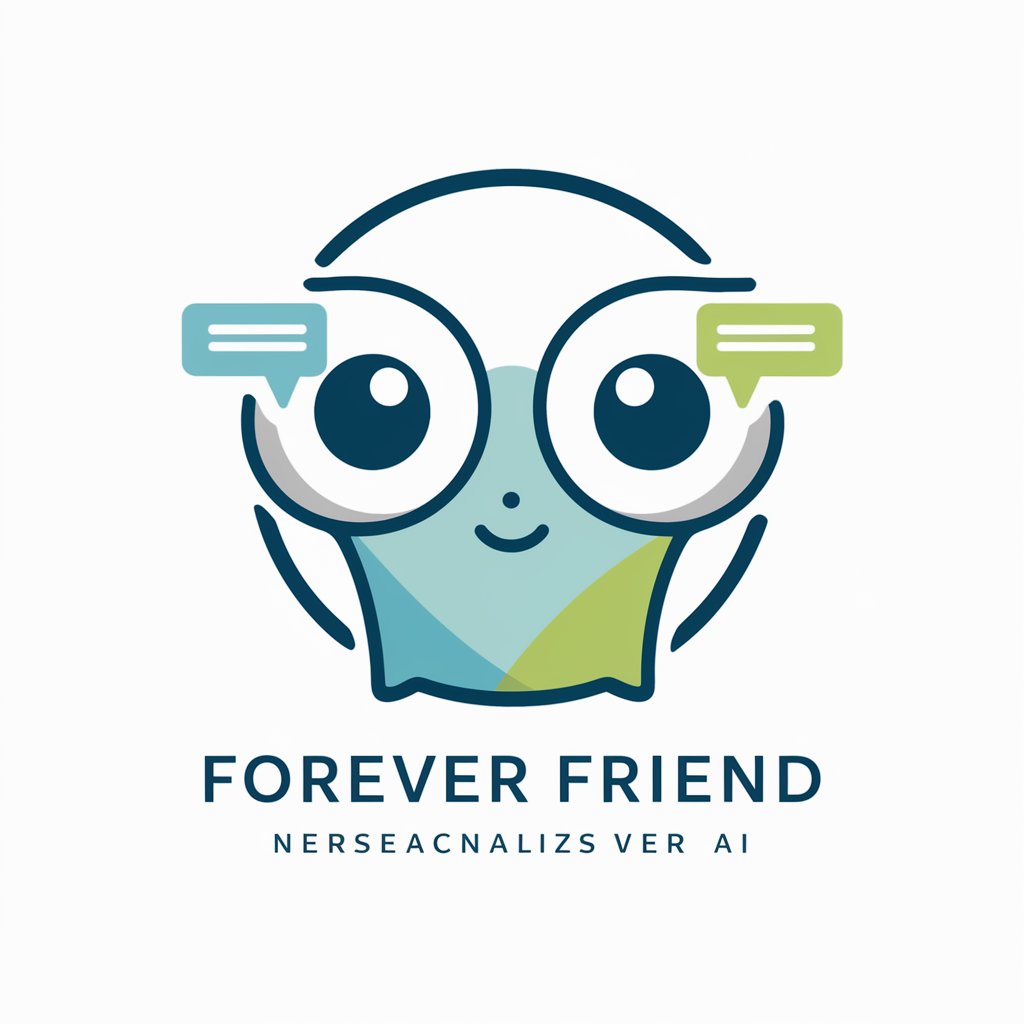Literature Assistant - Generative AI Literature Tool

Welcome! Let's explore the impact of generative AI on supply chains.
Empowering Literature Reviews with AI
Discuss the impact of generative AI on supply chain demand planning, highlighting key changes and challenges.
Analyze how generative AI is transforming logistics within supply chain management.
Evaluate the role of generative AI in supply chain human resources and workforce management.
Explore the effects of generative AI on supply chain operations and execution.
Get Embed Code
Overview of Literature Assistant
Literature Assistant is a specialized tool designed to aid in the research and analysis of literature pertaining to the impact of generative AI on supply chain planning and execution. This tool focuses on the intersection of generative AI technologies and various facets of supply chain management such as demand planning, operations, logistics, and human resources. It is not centered on the underlying technical mechanisms of AI like machine learning algorithms, but rather on how AI interacts with data, influences decision-making processes, and affects the operational dynamics within the supply chain. For example, it can analyze how AI-driven forecasting models have transformed inventory management practices, leading to more dynamic and responsive supply chain strategies. Powered by ChatGPT-4o。

Key Functions of Literature Assistant
Literature Review Assistance
Example
Compiling and summarizing recent studies on AI-driven demand forecasting in supply chains.
Scenario
A user researching the effectiveness of AI tools in improving forecast accuracy would use Literature Assistant to aggregate and synthesize current academic and industry research, highlighting key methodologies, findings, and statistical outcomes.
Analysis of AI Impact
Example
Evaluating the role of generative AI in logistics optimization.
Scenario
A logistics manager considering the implementation of AI solutions can utilize Literature Assistant to gather insights on how AI has been successfully integrated into logistics operations, detailing specific case studies where AI has reduced costs or improved efficiency.
Citation and Referencing
Example
Generating precise citations for AI supply chain management literature.
Scenario
An academic writing a paper on AI in supply chain contexts uses Literature Assistant to ensure all references are correctly cited according to academic standards, supporting the credibility and scholarly integrity of their work.
Target Users of Literature Assistant
Academic Researchers
This group includes professors, PhD students, and other researchers who are engaged in scholarly studies focused on the integration of AI technologies in supply chain management. Literature Assistant aids them by providing comprehensive reviews of existing literature, enabling a deeper understanding of the field.
Supply Chain Professionals
Professionals such as supply chain managers, logistics coordinators, and operations directors who seek to understand and possibly implement AI solutions in their processes. They benefit from using Literature Assistant to access targeted analysis on how AI can be applied to optimize supply chain operations and to keep abreast of industry trends.
Business Strategists and Consultants
This group uses Literature Assistant to acquire strategic insights into how generative AI is transforming business operations. Their focus is on leveraging AI to gain competitive advantages, improve efficiency, and drive innovation in supply chain strategies.

How to Use Literature Assistant
Start Free Trial
Access yeschat.ai to begin a free trial without the necessity of logging in or subscribing to ChatGPT Plus.
Identify Your Needs
Determine the specific aspects of your literature review or research where you need assistance, such as sourcing articles, summarizing data, or creating citations.
Interact with the Assistant
Use natural language to ask your questions or describe the tasks you need help with, ensuring you specify the context and desired detail.
Utilize Feedback
Review the responses and utilize the information to refine your queries for more precise answers or follow-up questions.
Explore Advanced Features
Experiment with different queries to explore the full range of capabilities offered by Literature Assistant, including deep dives into specific topics.
Try other advanced and practical GPTs
パラパラ漫画クリエーター
Animate Your Stories with AI

News4コマ漫画
Turn news into humor with AI

虎皮猫漫画
Craft Your Stories with AI

漫画解说家
Empowering Manga Enthusiasts with AI

Content Mentor
Empowering Instagram with AI

AI Insta Manager
Automate, Analyze, Engage — Power Your Profile

Personalized Patient Care Plans
Tailor Your Care with AI

COPD - patient group
Empowering COPD patients with AI-driven conversations.

Patient Advocate
Empowering Your Health Decisions with AI

Patient Companion
Empowering Your Health Conversations

Forever Friend
Engage Smarter, Connect Deeper

Rimon&Lior Forever
Explore Rimon's Music with AI

Frequently Asked Questions About Literature Assistant
What types of literature can Literature Assistant help with?
Literature Assistant is designed to assist with academic and professional literature, focusing on topics such as supply chain management, operations, and the impact of AI on various industries.
How does Literature Assistant handle complex queries?
The tool processes natural language queries to generate detailed responses. It can handle complex requests by breaking them down into manageable parts, ensuring comprehensive coverage of the topic.
Can Literature Assistant provide citations?
Yes, it can generate formal citations for the sources it references, aiding in the creation of scholarly articles and research papers.
Is Literature Assistant suitable for collaborative projects?
Absolutely, it's ideal for teams working on research projects or papers, as it provides consistent, reliable information that can be shared among members.
What makes Literature Assistant unique compared to other AI tools?
Literature Assistant is specifically tailored for literature reviews in areas impacted by generative AI, with a strong focus on practical applications and impacts rather than just technical details.
